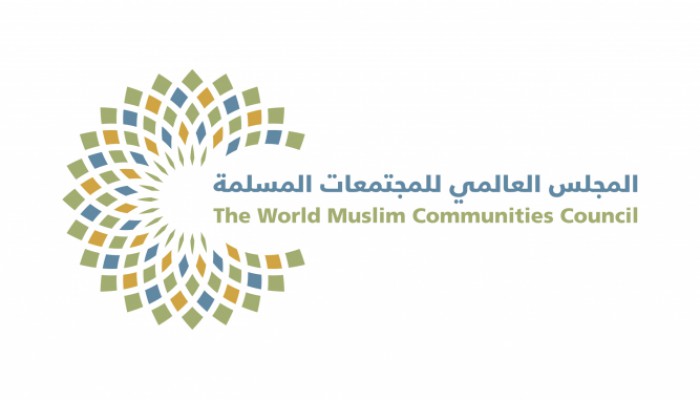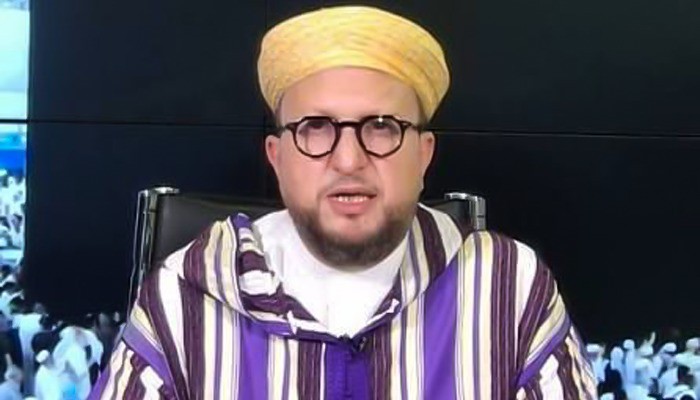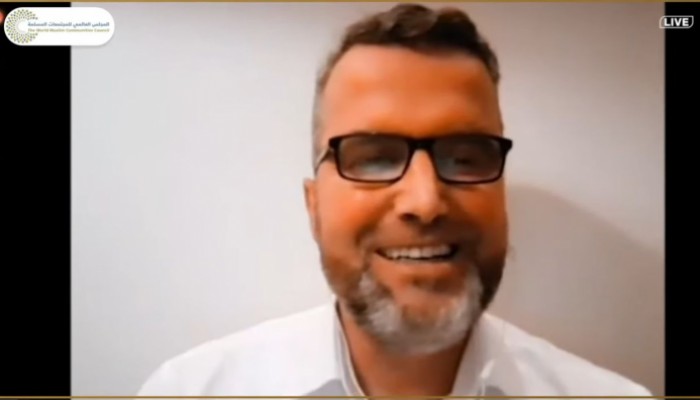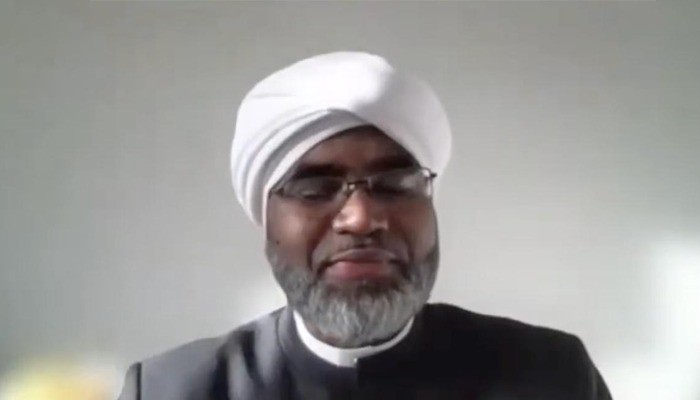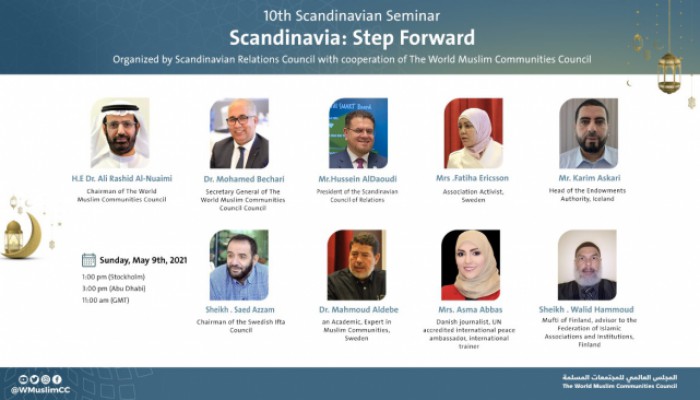
"Scandinavia: Step Forward",
- 2021-May-09
The importance of the conference comes in the fact that it comes in the context of the positive developments witnessed by the situation of Muslim immigrants in their Scandinavian communities, and tthe importance of the participation of religions and societies that adhere to the values of tolerance and coexistence, in creating common ground, and the importance of strengthening the motives of joint action, in order to activate the true image of Islam, and building a generation more able to relate to its religion and its values. The conference answers many questions related to the conditions and developments that Muslims live in in Scandinavian communities, in addition to the role of religious institutions and leaders in these countries in spreading Islam and its culture among the new generations by upholding the values of tolerance, love, and coexistence coexistence, especially since the Scandinavian countries provide a fertile environment for the growth and presence of Muslim societies. ............. In his opening speech, His Excellency Dr. Ali Rashid Al-Nuaimi, Chairman of The World Muslim Communities Council, indicated that Muslims in Scandinavia have a more comfortable situation compared to the other communities, given the nature of the ruling regimes and the dominant culture in the Scandinavian countries that provide Muslims with the most opportunities and challenges. "Muslims in Scandinavia must employ the positive atmosphere in these countries to build an Islamic model of coexistence with the other," he added. He said that Muslims take their problems and perceptions of Islam into new communities, trying to impose them there. Therefore, we must learn to coexist, not excluding each other, not imposing a vision or doctrine into new situations. Al-Nuaimi pointed out the important role of women and youth in Muslim communities, as they are major pillars that should be taken care of. Mr. Hussein Al-Daoudi, Chairman of the Scandinavian Council for Relations, noted the importance of the endeavor of Muslim communities in the Scandinavian countries to consolidate institutional work framed alongside to establish citizenship, as it is the way to reach desired goals, such as building communities that believe in religious harmony. Professor Al-Daoudi indicated that the Corona pandemic highlighted the importance of cultural communication, cooperation, solidarity, and freedom of expression. He also hinted that the Scandinavian countries have a high sense of belief in religious harmony, diversity and coexistence between different communities in peace. He concluded his speech by stressing the necessity of handing over leadership to Muslim women in all areas in which they can acted upon, and working to raise a new generation that believes in Islam and practices its beliefs but without extremism. Dr. Mohammed Bechari, Secretary-General of The World Muslim Communities Council said that the Muslim minorities in Scandinavia must be aware about the crises that the world is witnessing now, and to interact positively with their communities, especially since the Scandinavian countries have been able over the centuries to nurture the religious and cultural diversity. He added that most of the Scandinavian countries supported Muslims, by financing their activities, stressing that in the past fifteen years we have witnessed political reformism of Islamic institutions in the West, which was reflected in the life of Muslim immigrants. Dr. Bechari added that Muslims should take advantage of the positive atmosphere in Scandinavia to bridge the gap between them and other religious components, as it remains necessary for Muslims in Scandinavia to communicate with civil institutions, especially since civil society in these countries plays a pivotal role in decision making. Sheikh Saeed Azzam, Chairman of the Swedish Fatwa Council, said that institutionalizing the reality of Muslims in Scandinavia remains important for the care and consolidation of the Muslims. He added that the Muslim community in Sweden suffers some problems today, such as the large number non-specialized preachers. Therefore, it was necessary to have a specialized institution for fatwa that includes Sharia experts and specialized scholars. Sheikh Azzam stressed that Islamic institutions in Sweden are working to consolidate the values of coexistence and promote a culture of diversity, especially since the intolerance and violence practiced by some Islamic extremists has had repercussions on the life of Muslim immigrants. Sheikh Walid Ramiz Hammoud, Mufti of Finland, advisor to the Federation of Islamic Associations and Institutions in Finland, said that the institutional work had a great role in supporting Muslim affairs in Finland, affirming that the Finnish authorities are in constant contact with representatives of Muslim communities, and contribute to overcoming many obstacles. He added that the resort of immigrants in Muslim communities to obtain fatwas from various sources has harmed their life, so it is important to establish a single body of fatwas. He concluded by emphasizing that the fatwa may change according to circumstances and developments. Regarding confronting extremism and violence that some extremists justify, Sheikh Hammoud stressed that educational and advocacy organizations, and family, must work to promote and spread the culture and law of tolerance and respect for others. Mrs. Fatiha Erikson, Activist from Sweden, said that Islamic cultural, social and religious institutions are a facade of Islam and Muslims in the Scandinavia in which we live. She referred bad situations of Muslim women in Scandinavian communities, stressing that what is dangerous is a negative stereotypes, sometimes from the Muslims themselves. Fatiha Erikson noted the importance of building educational curricula for new generations in our Scandinavia, making them more able to coexist and understand their new societies. It is noteworthy that the World Muslim Communities Council is an international non-governmental organization, headquartered in the UAE capital Abu Dhabi. It is considered a think tank to rationalize organizations and societies working in Muslim societies, renew their thinking and improve their performance in order to achieve one goal; The integration of Muslim societies in their countries, in a way that their members realize the perfection of citizenship and complete affiliation with the Islamic religion. The council seeks, through holding dozens of virtual conferences, seminars and activities, to localize the concepts of religious, ethnic and cultural pluralism, in a manner that preserves human dignity and respect for his beliefs, and establishes the values of moderation, dialogue, tolerance and belonging to the homelands.




